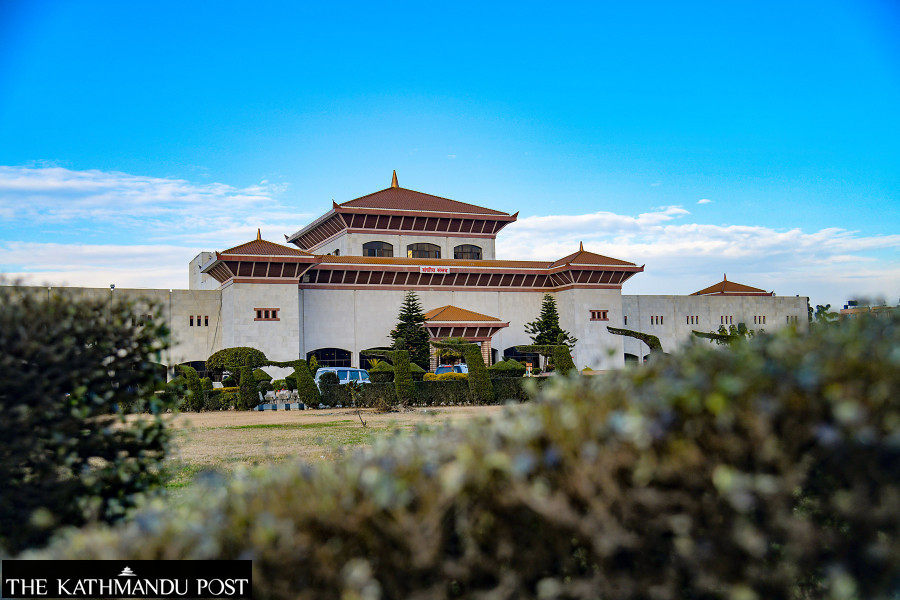Editorial
Break the impasse
Parliament cannot continue to remain the centre of disorder created by petty politics.
If there is one thing that has remained a casualty in the petty politics of political parties, it is the House of Representatives. On Tuesday, a Business Advisory Committee meeting to finalise the list of tentative agenda items was adjourned at the eleventh hour, pushing the next meeting of the House to February 14. This, just over a week after Speaker Agni Sapkota on January 30 postponed the House meeting by 10 days citing the threat of the coronavirus pandemic although, as the Post reported quoting Parliament Secretariat officials, it was the differences among the parties on tabling the Millennium Challenge Corporation Compact Nepal (MCC) that had prompted him to put off the meeting.
On this particular front, the speaker has faced backlash from several quarters as his seemingly active role in deciding whether the motion on MCC gets tabled in Parliament is called unusual and unbecoming of a non-partisan position holder. It is all too clear by now that he is keen to keep the matter of MCC in limbo unless he gets the green signal from the Maoist Centre, the party he belonged to before he became the speaker. As he continues to impede the functioning of Parliament, questions arise as to whether Sapkota is really committed to the democratic process that he moderates as the speaker.
However, Speaker Sapkota is hardly the only person impeding the function of Parliament. The CPN-UML has been the vanguard in obstructing Parliament for over five months now, primarily due to its differences with Sapkota. What is unexplainable in this months-long fiasco is that unlike in a normal parliamentary setup where the opposition party obstructs Parliament to oppose the government, the UML is obstructing it to settle scores with the speaker. The bone of contention in this case is the speaker’s failure to issue a notice related to the UML’s expulsion of its 14 lawmakers from the then Madhav Kumar Nepal camp who eventually went on to form the CPN (Unified Socialist).
So blinded is the UML in its enmity with Sapkota that it has expressed its willingness to get the MCC Compact ratified in Parliament if he could somehow be ousted from his position. That is petty politics at its best. In any case, the UML is not particularly known for its commitment to letting Parliament do its business in a democratic manner. In 2001, the party, under Madhav Kumar Nepal, obstructed Parliament for 57 days seeking resignation of the then prime minister Girija Prasad Koirala over the Lauda Air scam. Even as Madhav has exited the party and has joined a coalition that forms the current government, the UML continues with its legacy of obstructing Parliament for months. Only this time, the UML is close to doubling its previous record as it shows no sign of relenting.
The government, meanwhile, remains incapable of breaking the stalemate as it is torn between saving the coalition and saving face in front of the donor community. This limbo does not represent the democratic politics the people envisioned for Nepal. Parliament cannot continue to remain the centre of disorder created by petty politics even as heated debates form the bedrock of parliamentary democracy.




 13.12°C Kathmandu
13.12°C Kathmandu














